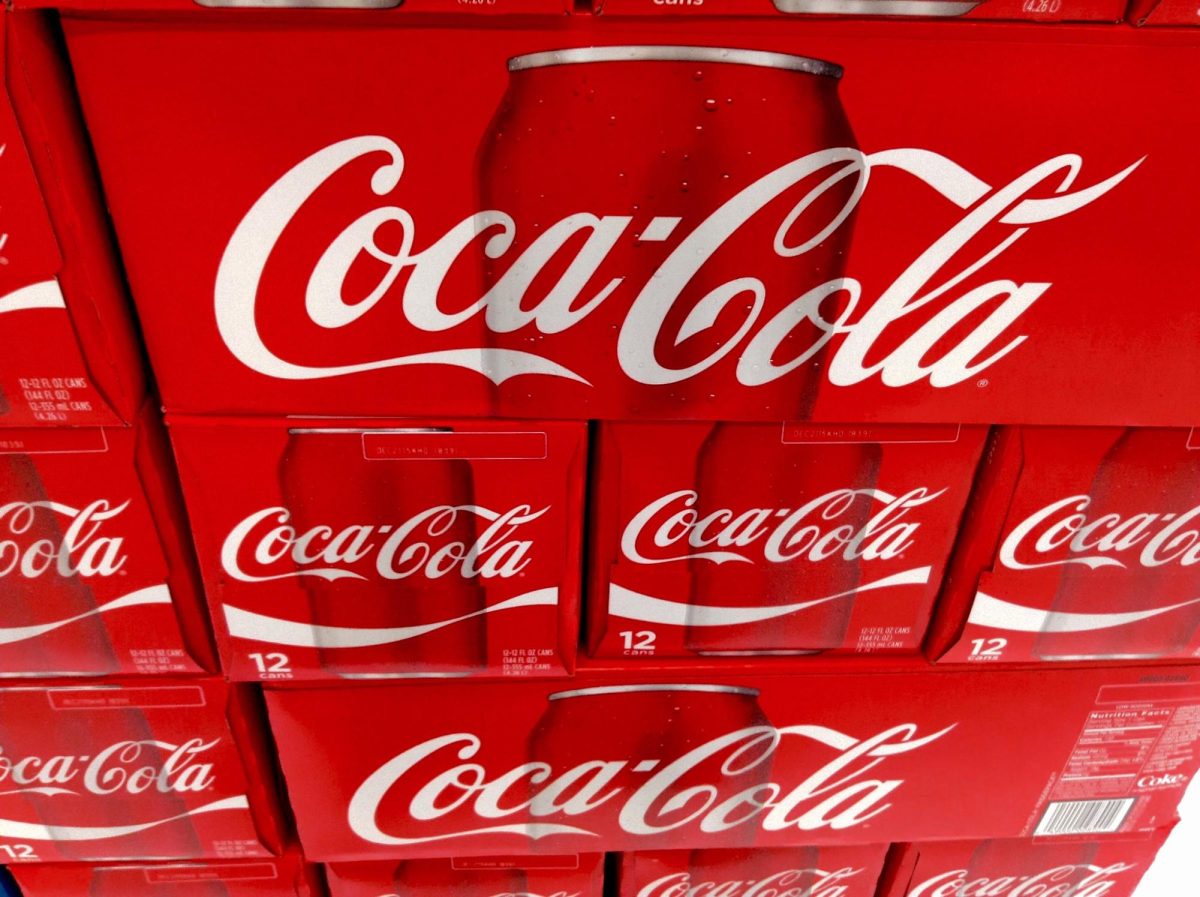What was said:
President Donald Trump announced on Truth Social that he has been talking to Coca-Cola about using “REAL Cane Sugar in Coke in the United States,” replacing the high fructose corn syrup (HFCS) currently used. The president stated that Coca-Cola has agreed to the changes, adding that “This will be a very good move by them — You’ll see. It’s just better!” The official White House account on X (formerly Twitter) shared the post, along with an image that read “Share a Coke with Trump.”
Is Coke actually making the change?:
As of now, it’s hard to say. Coca-Cola uses cane sugar in Cokes in other countries, like Mexico, but not the United States. In response to Trump’s first post, Coca-Cola said, “We appreciate President Trump’s enthusiasm for our iconic Coca‑Cola brand. More details on new innovative offerings within our Coca‑Cola product range will be shared soon.”
Later, the company released a lengthier statement defending its use of HFCS: “The name sounds complex, but high fructose corn syrup (HFCS) — which we use to sweeten some of our beverages — is actually just a sweetener made from corn. It’s safe; it has about the same number of calories per serving as table sugar and is metabolized in a similar way by your body. The American Medical Association has confirmed that HFCS is no more likely to contribute to obesity than table sugar or other full‑calorie sweeteners. Please be assured that Coca‑Cola brand soft drinks do not contain any harmful substances.”
Is cane sugar healthier than HFCS?:
Health and Human Services Secretary Robert Kennedy Jr. has been pushing for the elimination of HFCS, noting its connections to childhood obesity, type 2 diabetes, and non-alcoholic fatty liver disease. Kennedy Jr. told Newsweek “I welcome President Trump’s announcement that Coca-Cola has agreed to use natural cane sugar in Coke in the United States. Americans deserve access to the same natural foods that other countries enjoy and the President is delivering that.”
It’s clear that both sweeteners are bad for you in high quantities, but there is debate about whether cane sugar is any healthier than HFCS. In 2022, the National Library of Medicine compared the two sweeteners, concluding no significant differences in weight, body mass index, fat mass, waist circumference and cholesterol. The study did indicate higher levels of CRP, a protein which indicates higher levels of inflammation. Similarly, the American Medical Association (AMA) “recognizes that at the present time, insufficient evidence exists to specifically restrict use of high fructose corn syrup (HFCS) or other fructose-containing sweeteners in the food supply or to require the use of warning labels on products containing HFCS.”
Despite these findings, Kennedy Jr. and others who challenge the use of HFCS maintain that the body processes these products differently than naturally occurring products like cane sugar.
What else should I know?:
According to the Guardian, a switch to cane sugar could have trade implications for the $285 billion U.S. soft drinks market, especially if “Trump’s high US tariffs on nations that produce sugar cane continue to apply.”
The Guardian noted that Coca-Cola first switched to HFCS in the 1980s, supported by U.S. farming subsidies, and not imported sugar cane subjected to import tariffs.
John Bode, president of the Corn Refiners Association, added, “Replacing high fructose corn syrup with cane sugar would cost thousands of American food manufacturing jobs, depress farm income, and boost imports of foreign sugar, all with no nutritional benefit.”


















